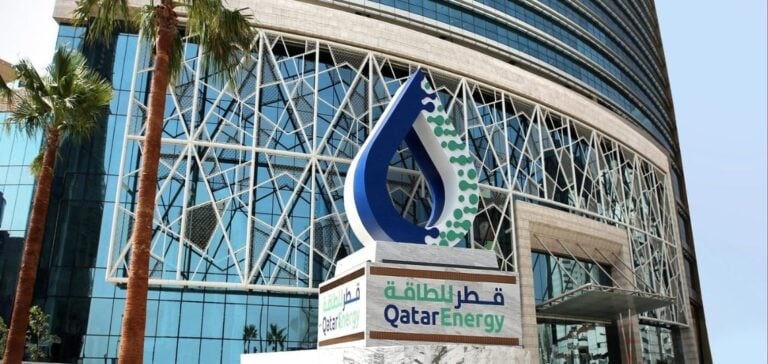QatarEnergy has signed a $6 billion agreement with China State Shipbuilding Corporation (CSSC) for the construction of 18 giant LNG carriers, a contract described by the company as the most significant in the history of shipbuilding. These vessels, among the largest ever built, will be built at the Hudong-Zhonghua shipyard and are scheduled for delivery between 2028 and 2031.
Global Implications and Perspectives
Qatar, a world leader in liquefied natural gas (LNG) productionThis is in response to growing demand from key customers in China, Japan and South Korea, as well as in Europe, where demand has soared following complications with Russian gas supplies due to the war in Ukraine. This massive fleet expansion is designed to support Qatar’s recent long-term gas supply contracts with energy giants such as Total, Shell, Petronet, Sinopec and Eni.
QatarEnergy Strategy and Future Developments
In addition to shipbuilding, QatarEnergy is investing in the future of its energy infrastructure with the North Field expansion project, representing one of the world’s largest natural gas reserves. The project, which began last year, underlines Qatar’s ambition to strengthen its dominant position in the global LNG market, with significant implications for global energy security.
The partnership between QatarEnergy and CSSC is not only a major milestone in shipbuilding, but also a strategic move by QatarEnergy to position Qatar as a central pivot in the future of global energy.





















